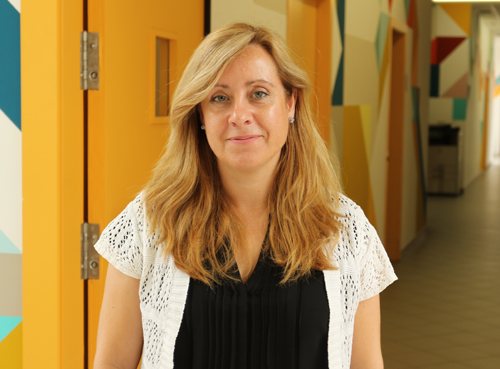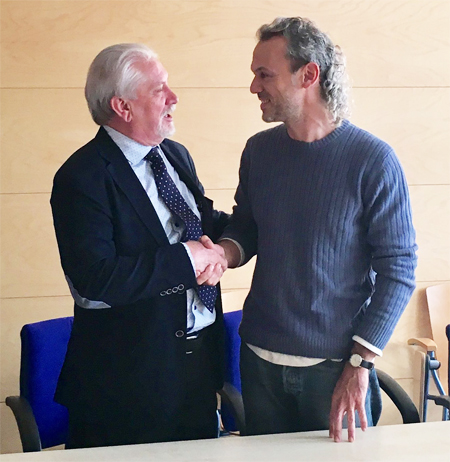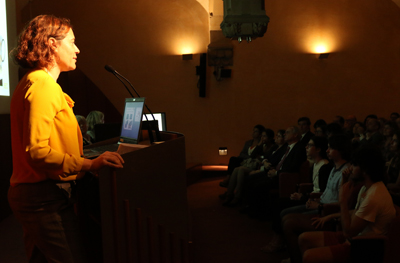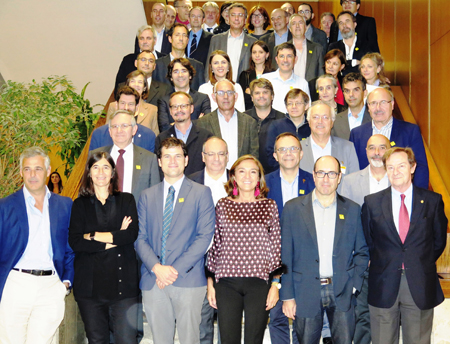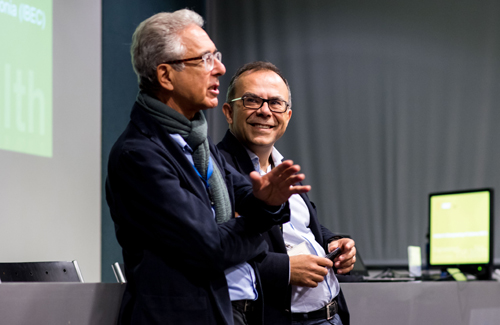Faster Future 2017 now open for donations
 The website of Faster Future, IBEC’s brand new fundraising programme, is now accepting donations.
The website of Faster Future, IBEC’s brand new fundraising programme, is now accepting donations.
The initiative, which is being launched this year in time for Giving Tuesday, aims to raise money to help accelerate research projects that are close to tackling major challenges in health.
The money donated via crowdfunding in this first edition will make possible the development of a new solution for muscular dystrophy being developed in Javier Ramon’s Biosensors for Bioengineering group. Their ‘muscle-on-a-chip’ will use a patient’s own cells to study myotonic dystrophy type 1, a progressive disability that begins in adulthood and affects 50,000 people in Spain alone. As well as modelling the patient’s disease in a personalized way, the platform will also allow the study of different drugs or treatments in conditions that mimic the body as closely as possible, as well as offering a more reliable alternative to animal models.

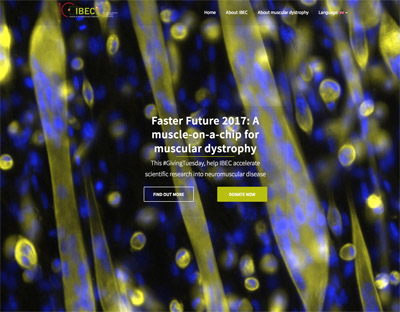
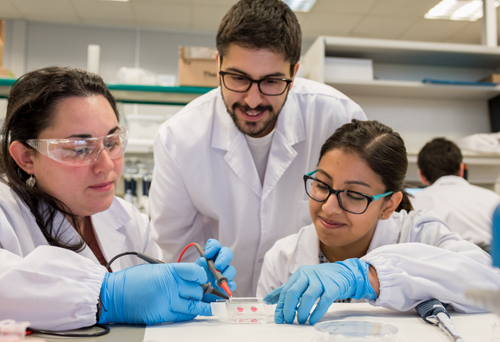
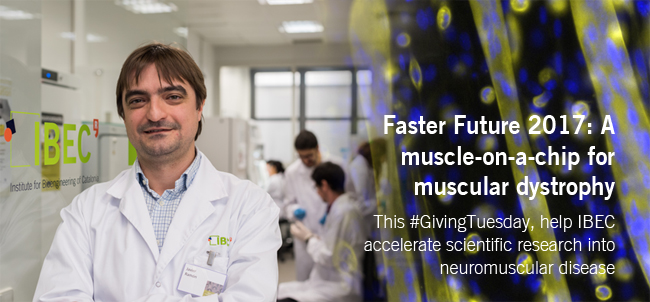 Next week IBEC will launch Faster Future, a new crowdfunding initiative that aims to help accelerate research projects that are close to tackling major challenges in health.
Next week IBEC will launch Faster Future, a new crowdfunding initiative that aims to help accelerate research projects that are close to tackling major challenges in health.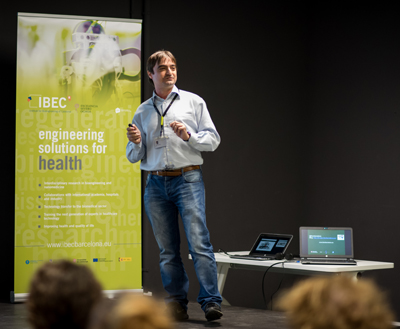
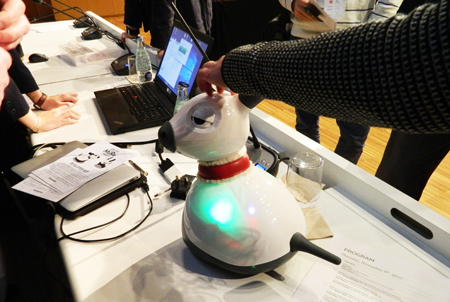
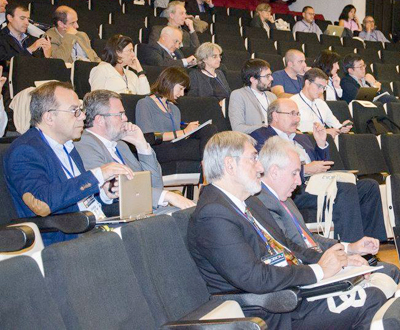
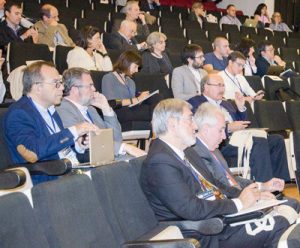 Last week, the second 100xCiencia meeting, “Co-creating Value in Scientific Research”, brought together Spain’s Severo Ochoa and María de Maeztu centers of excellence – among them IBEC – to analyze and discuss the transfer of scientific knowledge to industry.
Last week, the second 100xCiencia meeting, “Co-creating Value in Scientific Research”, brought together Spain’s Severo Ochoa and María de Maeztu centers of excellence – among them IBEC – to analyze and discuss the transfer of scientific knowledge to industry.